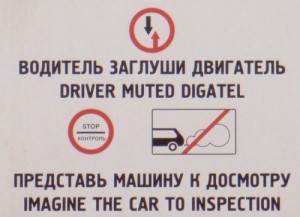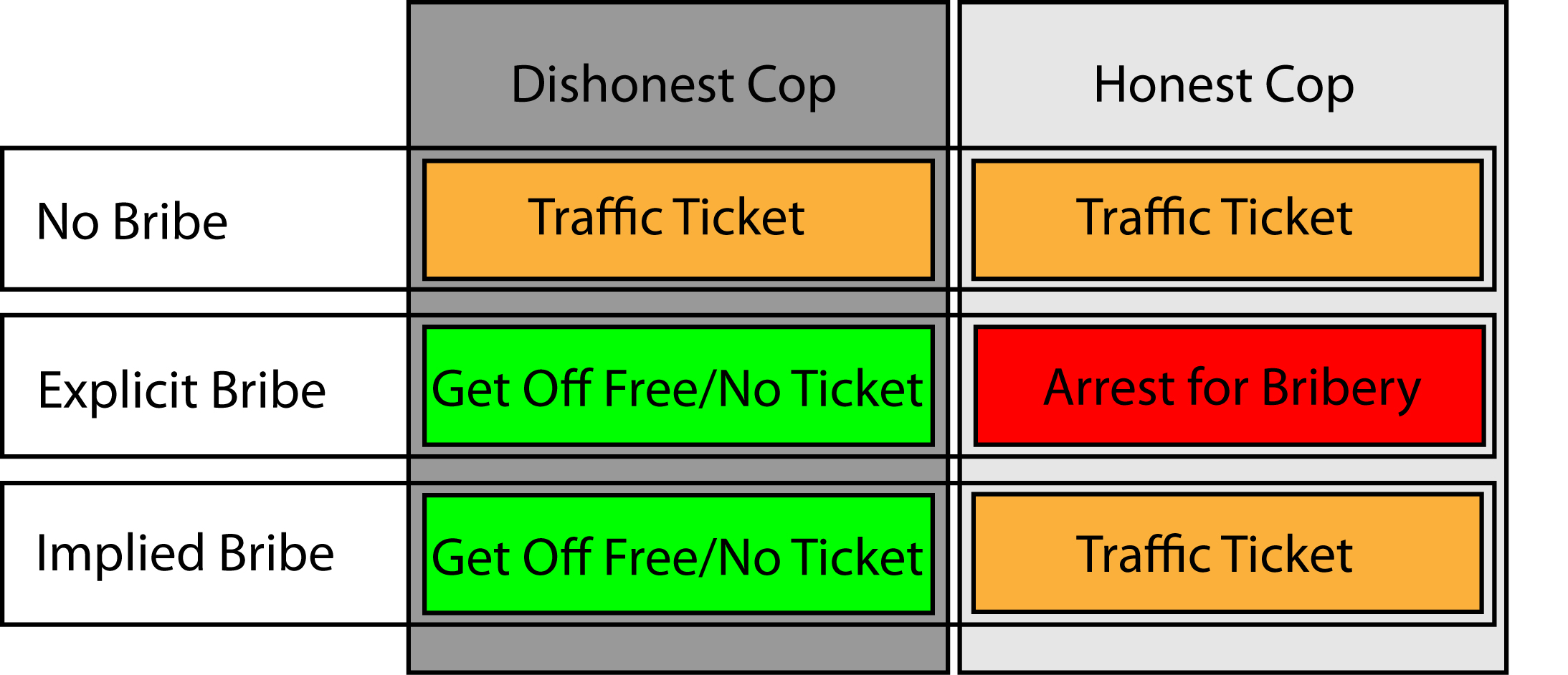
I discovered Brandon Sanderson a few years back, introduced him to my son, and we basically read all that he has ever written (that we could buy). He is a very talented fiction writer. And now I discovered that he is a great teacher: good at explaining, generous with ideas, and easy with advice. He doesn’t shy away from talking about his own experiences, thus making his classes gain a very concrete dimension. I have enjoyed his online lectures so much, that I am now posting his classes in sequence and adding additional links to similar lectures that are still worth scanning through. I hope these are as useful to you as they were to me. Happy writing! Very Grateful: Thank you writeaboutdragons for adding careful notes and creating 2012 BYU videos! Very grateful to the Camera Panda team, Jon Deering and Earl Cahill, for filming, editing, and providing careful annotations (shown here in quotes). Excellent work! Another shout out to zmunk who posted videos of Brandon’s presentations at JordonCon. Brandon Sanderson’s 2012 Semester at BYU: 1. Creative Writing — Ideas & Outlining 0:12 / Introduction to being a writer – Writing is not about inspiration, ideas, or luck –…






